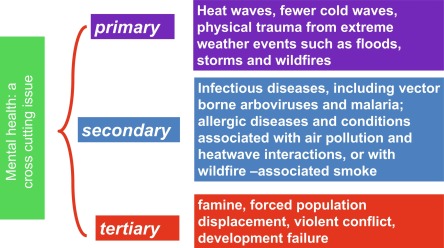The Accord comprises nine key principles that guide Aboriginal health research in South Australia: priorities, involvement, partnership, respect, communication, reciprocity, ownership, control, and knowledge translation and exchange. It provides a voice for Aboriginal communities to inform researchers on how they would like health research to be conducted in their communities. Consistently applying the nine principles of the Accord will increase the impact and benefit of health research for Aboriginal people in Australia.
First Nations Health and Wellbeing - The Lowitja Journal, Volume 1, 2023, 100004
Indigenous people living with disability battle with issues related to racism, ableism and colonisation, impacting on well-being and life outcomes throughout the life course.

